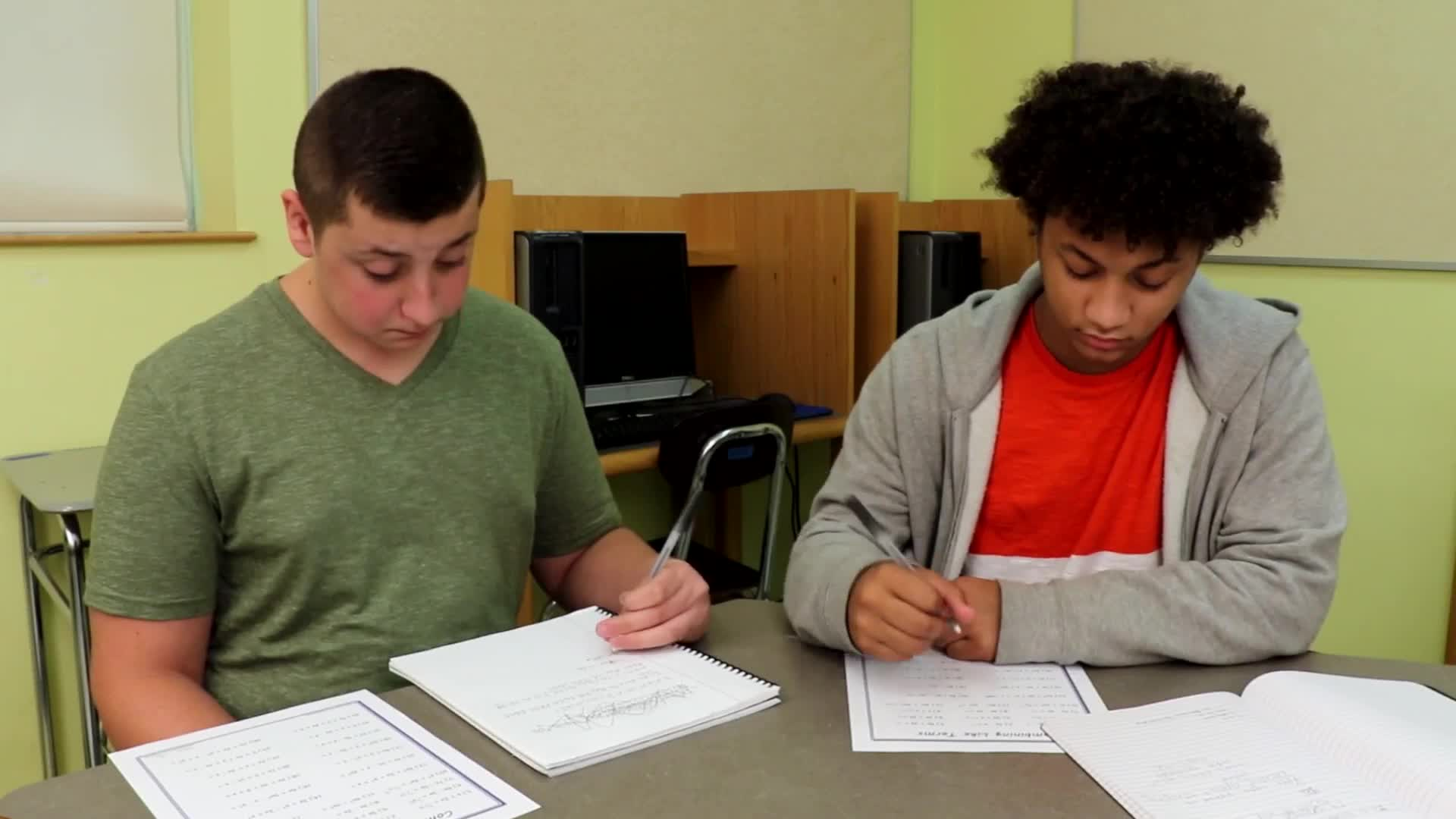
As educators, we understand the importance of teaching our students the value of social interactions and effective communication. The ability to navigate social situations and choose the right words can have a significant impact on relationships and personal well-being. In this blog post, we will introduce you to an engaging activity called “Fork in the Road” that helps students understand the consequences of their words and actions.
Introduction
Fork in the Road is an interactive game that focuses on teaching students how their actions and words can affect others. The game presents various social situations where characters face a decision – whether to say something or keep their thoughts to themselves. Students will learn to identify positive and negative outcomes based on the characters’ choices, helping them develop their communication skills and understanding of social cues.
No-Prep Activity
To play Fork in the Road, start by presenting a social situation to your students. Here’s an example to get you started:
Leah is talking to Rachel about her chorus performance when she reaches a social fork.
Rachel: I saw you at the chorus concert. Leah: Yeah. My brother is in the 7th Grade Chorus so my family went. Rachel: Did you see my solo? I was so nervous. Do you think it went okay?
Leah is at a social fork. She didn’t really like Rachel’s performance. On one side of the fork, she could tell Rachel exactly how she feels. On the other side, she could focus on the things she liked about Rachel’s performance, and keep the negative parts in her head.
Ask your students to discuss the possible outcomes of each choice and decide which path is the best for Leah to take. Encourage them to think about how their own actions and words can impact others in similar situations.
Discussion Questions
- Why is it important to consider other people’s feelings before speaking?
- Can you think of a time when you faced a similar social fork? How did you handle it, and what was the outcome?
- What are some strategies you can use to ensure that you choose the right words in social situations?
- How can you support your friends and classmates when they face social forks?
- What are some examples of positive outcomes that can result from choosing the right words and actions?
Related Skills
While playing Fork in the Road, students will develop various social-emotional skills that can contribute to their overall growth. Some related skills include:
- Empathy: Understanding and sharing the feelings of others.
- Active listening: Paying close attention to what others are saying and responding thoughtfully.
- Conflict resolution: Identifying and resolving disagreements in a respectful and constructive manner.
- Assertiveness: Expressing one’s own thoughts, feelings, and needs in a respectful and confident way.
Next Steps
If you found Fork in the Road helpful in teaching your students about the power of choosing the right words, you might be interested in exploring more activities and resources that promote social-emotional learning. To access free sample materials, visit Everyday Speech’s sample materials page and sign up for your free account today.





